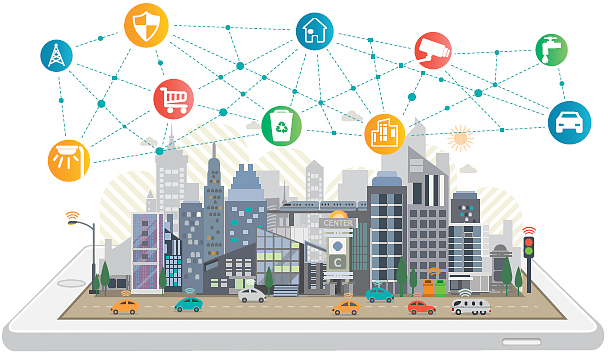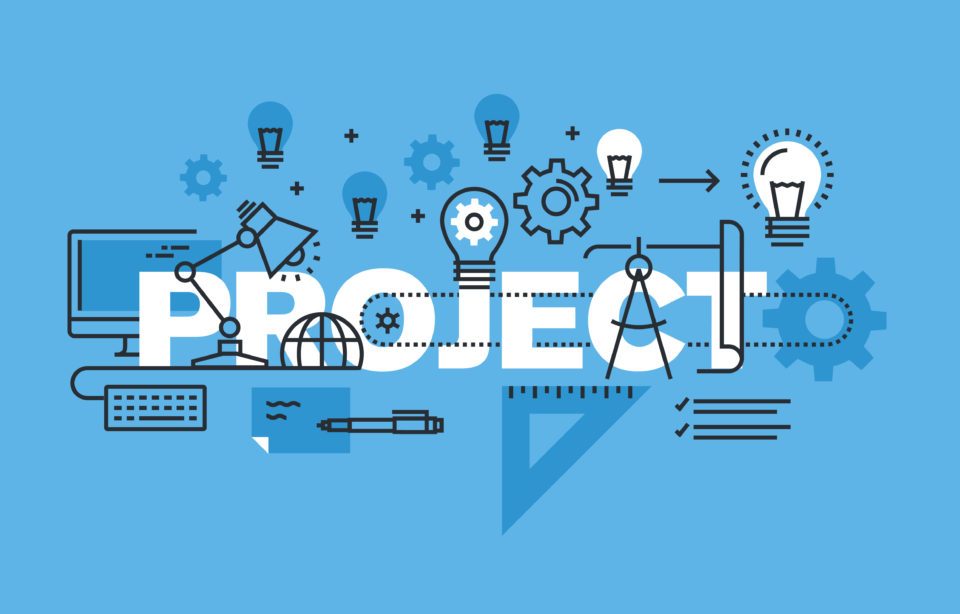- Have any questions?
- +91 9987502531
- info@sedibuz.com

Smart Cities-Vision to Reality
November 11, 2019
India is ready for the next revolution. Are you?
November 11, 2019Internet per square foot.
The fourth necessity
The significance that the internet holds in today’s day and age cannot be denied, no matter which walk of life we might be referring to, or what scope of work. It is true that we may not be breathing, eating or protecting ourselves from harsh weathers with it; but the Internet is still just as crucial to our survival today, as the rest are.
The bottomline is this: unlike most other commodities, the internet is not a service that demands the generation of a need or an awareness. Although as a country on the whole, we may not be expressing a pressing need for internet to be available everywhere, the want still exists. And therein, lies opportunity.


Smart cities, smarter investments
The ability to get a real-time location check on your bus.
To be able to communicate your safety back to your friends and family, no matter which obscure
area your train is passing through.
To quickly be able to search up some coursework online, while you are at the university library. Or the freedom from having to worry about whether or not a certain part of the city is going to be congested with traffic.
In every situation, you can almost hear a sigh of relief.
A relief, that the availability of fast internet in more and more public places is providing.
More and more technological companies from within and outside of India are now taking cognizance of the increasing traction that the singular term “smart” stands for in the country. The insertion of efficiency by way of providing fast internet, in the day-to-day lives of the common people is where opportunity lies today.
Whether it is international conglomerates partnering with our public transportation systems, or native companies looking to effectuate education, the Internet is where the smart is.

The buck doesn’t stop there
Although the build up of metros, and the revamping of bus stops is currently underway - making cities smarter is not the only objective of the government in terms of Internet and digitalization. The digitalization of villages is also an equally important project that is being undertaken in the country.
A long-standing promise and an imperative requirement is that of making healthcare services and sanitation awareness accessible for every corner of the country. To establish a linkage of services - whether that refers to medicina, educational or hygiene - to the rural parts of our nation is an important requisite that is steadily growing.
One, that can be satisfied with the digitalization of villages.
The Internet can thus, connect entire cities. Enable Knowledge Transfer. And bring us closer to development.
Now is the time to ensure progress every step of the way, by encashing the opportunity, available, per square foot.




